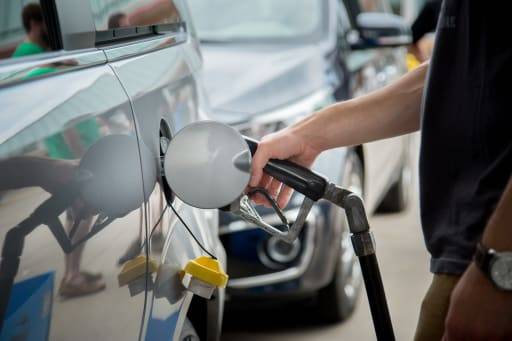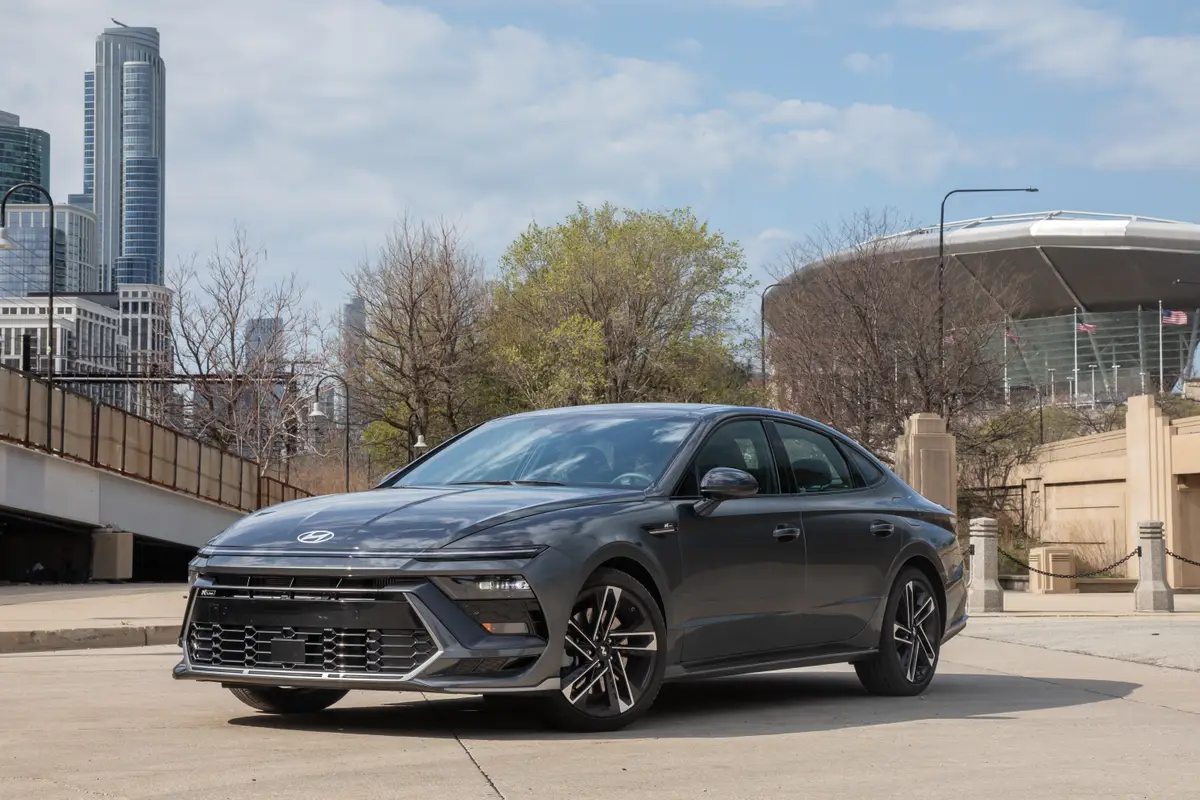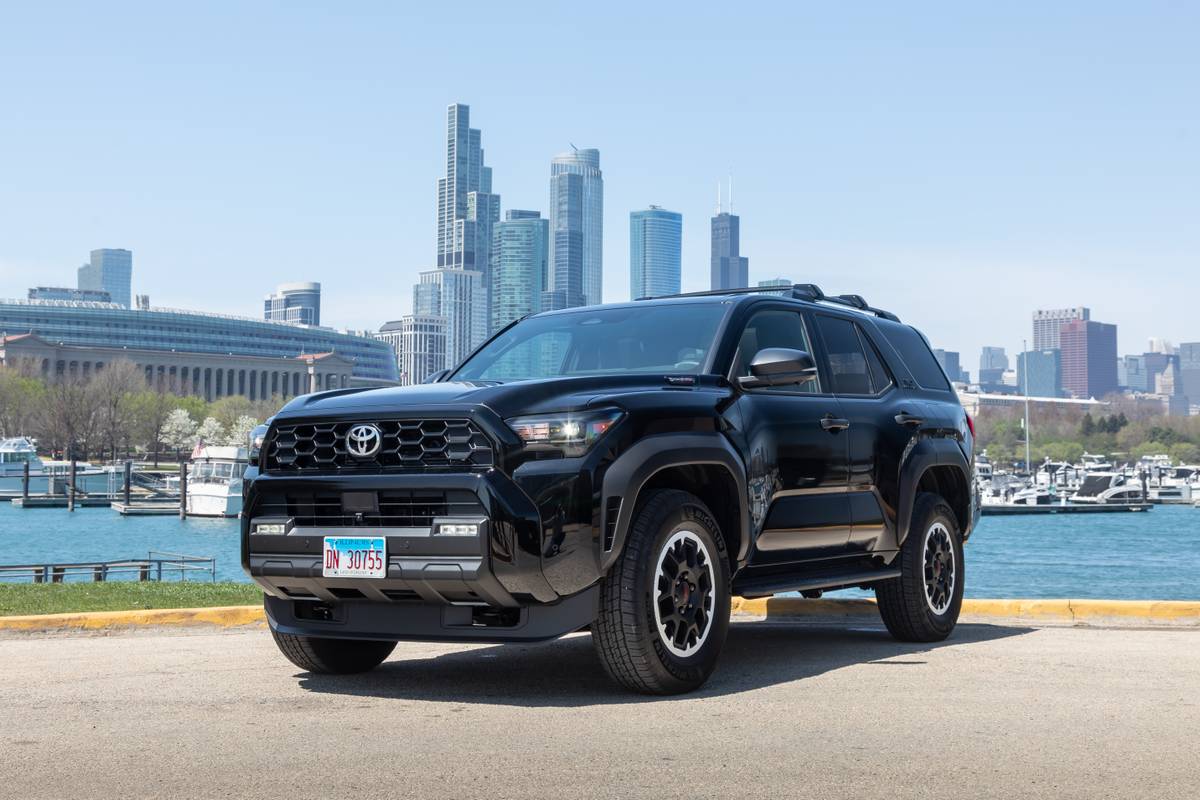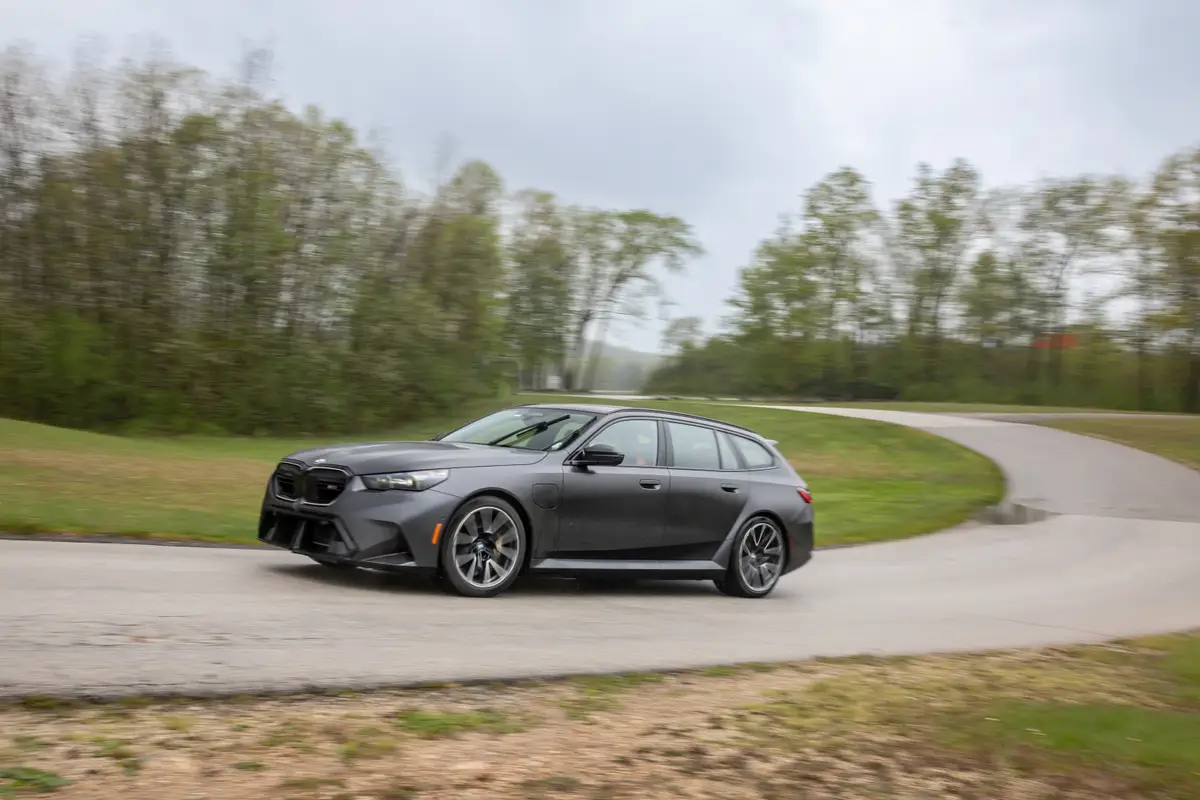Corporate Average Fuel Economy: How Automakers Rank

CARS.COM — Each year the EPA calculates corporate average fuel economy based on gas mileage estimates for each car in an automaker’s lineup, and the number of those cars produced that year. The lineups split into three groups: domestic passenger cars, which includes cars built using mostly domestically sourced parts from either an American or foreign nameplate; imported passenger cars, built mostly with parts from abroad; and light trucks, which includes everything from pickups and minivans to crossover SUVs, no matter where their parts come from.
Gas mileage figures come from automakers and go to the National Highway Traffic Safety Administration and then to the EPA for verification, so it can take until well into the following year for final CAFE numbers to be published. Based on NHTSA’s data, here’s where automakers stood for 2014 (the most recent data available, released in December 2014):
| Domestic Passenger Cars | ||
|---|---|---|
| Rank | Make | CAFE Rating |
| 1. | Tesla | 276.7 |
| 2. | Nissan | 41.9 |
| 3. | Honda | 39.2 |
| 4. | Toyota | 39.1 |
| 5. | Volkswagen | 37.7 |
| 6. | Ford | 36.6 |
| 7. | GM | 34.4 |
| 8. | FCA | 31.1 |
|
All manufacturers encompass their respective brands as of 2014 — i.e., Toyota includes Lexus and Scion. Source: NHTSA |
||
| Imported Passenger Cars | ||
|---|---|---|
| Rank | Make | CAFE Rating |
| 1. | Toyota | 42.9 |
| 2. | Mazda | 42.3 |
| 3. | Honda | 42.0 |
| 4. | GM | 40.9 |
| 5. | Mitsubishi | 39.8 |
| 6. | Hyundai | 37.3 |
| 7. | Subaru | 37.0 |
| 8. | BMW | 35.0 |
| 9. | Volkswagen | 34.1 |
| 10. | Nissan | 33.1 |
| 11. | Kia | 32.1 |
| 12. | Daimler (Mercedes-Benz) | 31.4 |
| 13. | Ford | 30.9 |
| 14. | Volvo | 30.5 |
| 15. | FCA | 28.0 |
| 16. (tie) | Jaguar Land Rover | 27.0 |
| 16. (tie) | Lotus | 26.7 |
|
No pre-model year report; all manufacturers encompass their respective brands as of 2014 — i.e., Toyota includes Lexus and Scion. Source: NHTSA |
||
| Light Trucks | ||
|---|---|---|
| Rank | Make | CAFE Rating |
| 1. | Subaru | 34.5 |
| 2. | Mitsubishi | 34.4 |
| 3. | Honda | 29.6 |
| 4. | Mazda | 28.8 |
| 5. | BMW | 28.7 |
| 6. | Volkswagen | 28.6 |
| 7. | Nissan | 27.7 |
| 8. | Hyundai | 27.5 |
| 9. | Kia | 26.9 |
| 10. | Volvo | 26.1 |
| 11. | FCA | 26.0 |
| 12. | Toyota | 25.8 |
| 13. | GM | 25.1 |
| 14. (tie) | Ford | 24.8 |
| 14. (tie) | Jaguar Land Rover | 24.8 |
| 16. | Daimler (Mercedes-Benz) | 24.5 |
|
No pre-model year report; all manufacturers encompass their respective brands as of 2012 — i.e., Toyota includes Lexus and Scion. Source: NHTSA |
||
Although CAFE ratings might look like an outright average of the gas mileage for all the vehicles in a carmaker’s lineup, it’s not that straightforward. The numbers on the window sticker and the ones reported to the government are “entirely separate,” a NHTSA spokesman said. City and highway mileage figures come from the EPA’s lab tests, with adjustments to replicate real-world conditions. CAFE figures, meanwhile, are derived using different testing procedures and have various incentives built in.
Featured stories

2025 Hyundai Sonata N Line Review: Banish Boring




